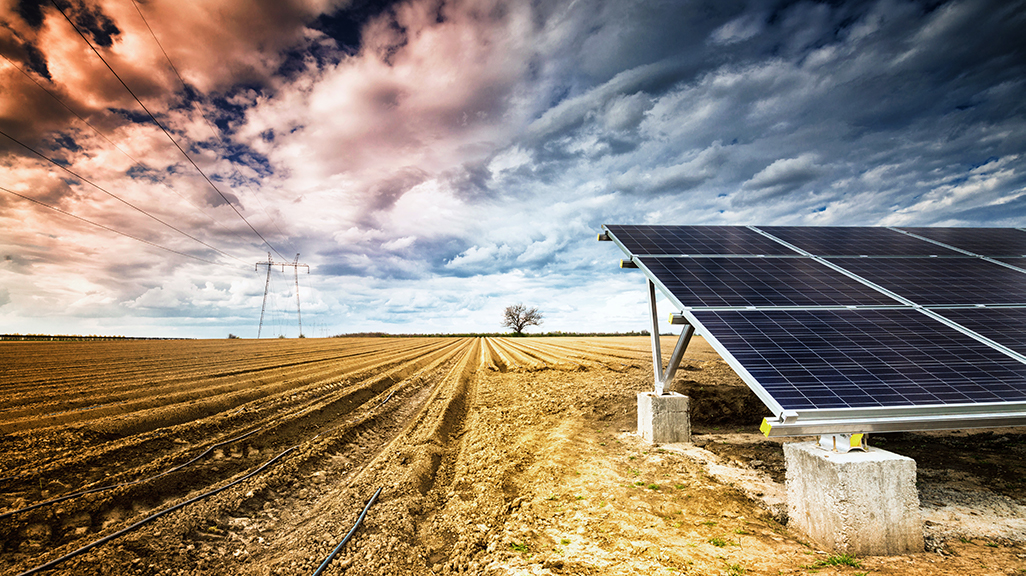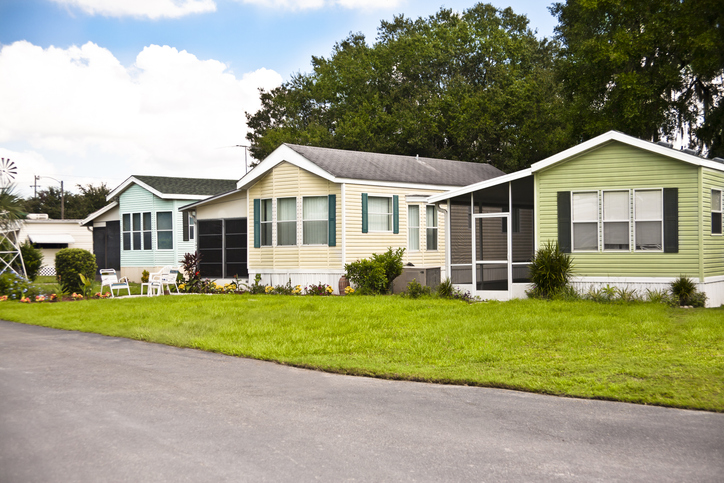
In recent years, Pennsylvania landowners, farmers in particular, have witnessed a surge in the number of solar companies seeking to lease their land for the purpose of constructing solar facilities.
Agricultural land, being undeveloped and of high acreage, makes Pennsylvania’s farmland ideal for commercial solar projects. On average, solar companies offer higher per acre rental payments than agricultural rental rates. Thus, the first question many landowners ask is “How much will I be paid?” Payment is important, but payment provisions are far from the only issue that needs to be addressed in lease negotiations. Some of the more serious issues presented include restrictions on the landowner’s use of the land, how much of the land will actually be utilized once the solar project comes to fruition (as this is often the basis for determining the payments) and what are the requirements for restoring the land once the solar lease terminates.
When a solar company approaches a landowner seeking to lease his 150-acre farm, there is a likelihood that the company does not intend to utilize the entire 150 acres for its solar facilities. Instead, the company may propose to use only 50 acres, while reserving easements over the rest of the acreage. These easements are not “paid” for and restrict the landowner’s use of his undeveloped and underutilized land. In this case, the landowner who thought he would receive $150,000 per year ($1,000 per acre based on 150 acres), will receive $50,000 per year. Negotiating a minimum acreage requirement can solve this problem. If the solar company fails to utilize the minimum requirement, payments will not be calculated on an acreage lower than the set amount.
Landowners must also be cautious in negotiating the expiration of the solar lease. Solar leases tend to last 30 or more years, and, although distant at the time of lease negotiations, what happens at the end of a lease is extremely important. The lease must contain proper decommissioning terms, such as the removal of both above-ground and below-ground solar improvements and the regrading of the soil. A properly negotiated solar lease should also require the delivery of a security bond or other financial guarantee to the landowner that secures the performance of the decommissioning of the solar facility. The landowner should also have the right to demand that such financial security be reevaluated every few years so to ensure that the amount of the bond or security is adequate to cover the costs of decommissioning.
These are only a few of the many issues which should be considered prior to entering into a solar lease arrangement. Any proposal received from a solar company should be reviewed by an attorney experienced in negotiating solar leases.
Topics
Member Discussion
Recent Articles
-
Survey Reveals First-Time Homebuyer Hindsight
- May 15, 2025
- 3 min. read
The survey found that most first-time buyers did not regret their purchase, but they did underestimate the hidden costs of homeownership.
-
1 in 3 Americans Rent Self Storage
- May 14, 2025
- 2 min. read
With space shortages growing and demand expanding, 33% of Americans use self storage, and 18% plan to rent a unit in the future, according to a survey of nearly 3,000 conducted by StorageCafe.
-
Manufactured Homes Serve as Affordable Options for Millions
- May 13, 2025
- 2 min. read
“Manufactured homes make up only 5% of the total housing stock but provide an alternative form of housing that meets the needs of various households, particularly in rural areas,” says NAHB.
Daily Emails
You’ll be the first to know about real estate trends and various legal happenings. Stay up-to-date by subscribing to JustListed.



